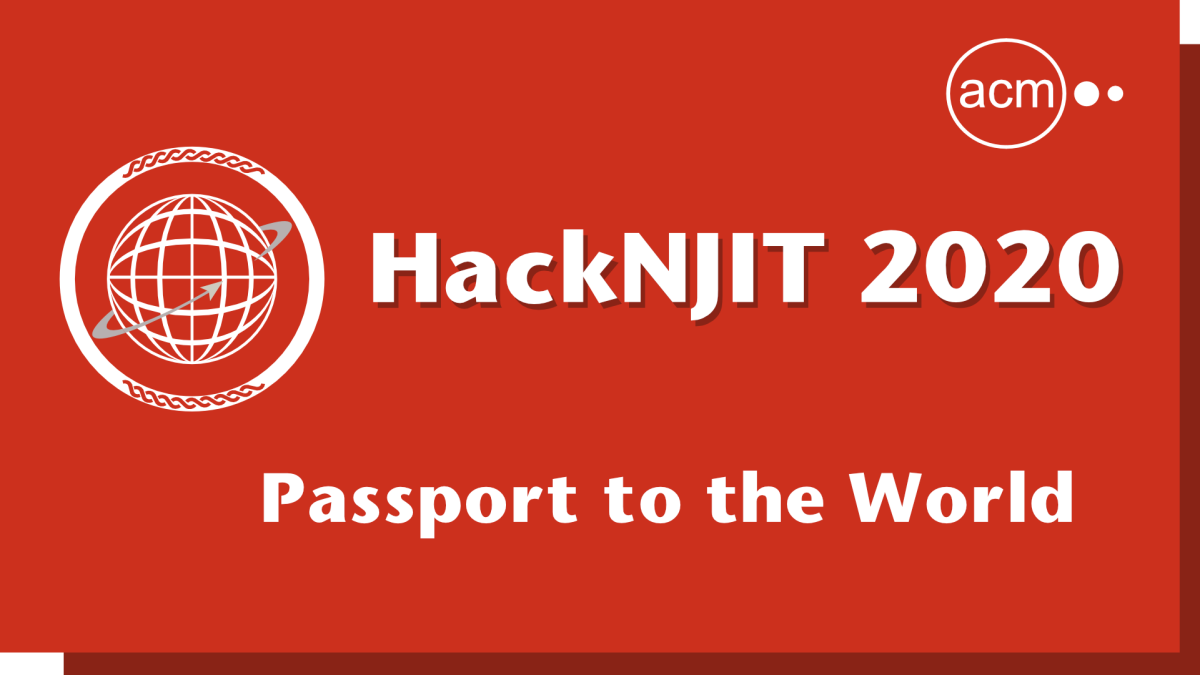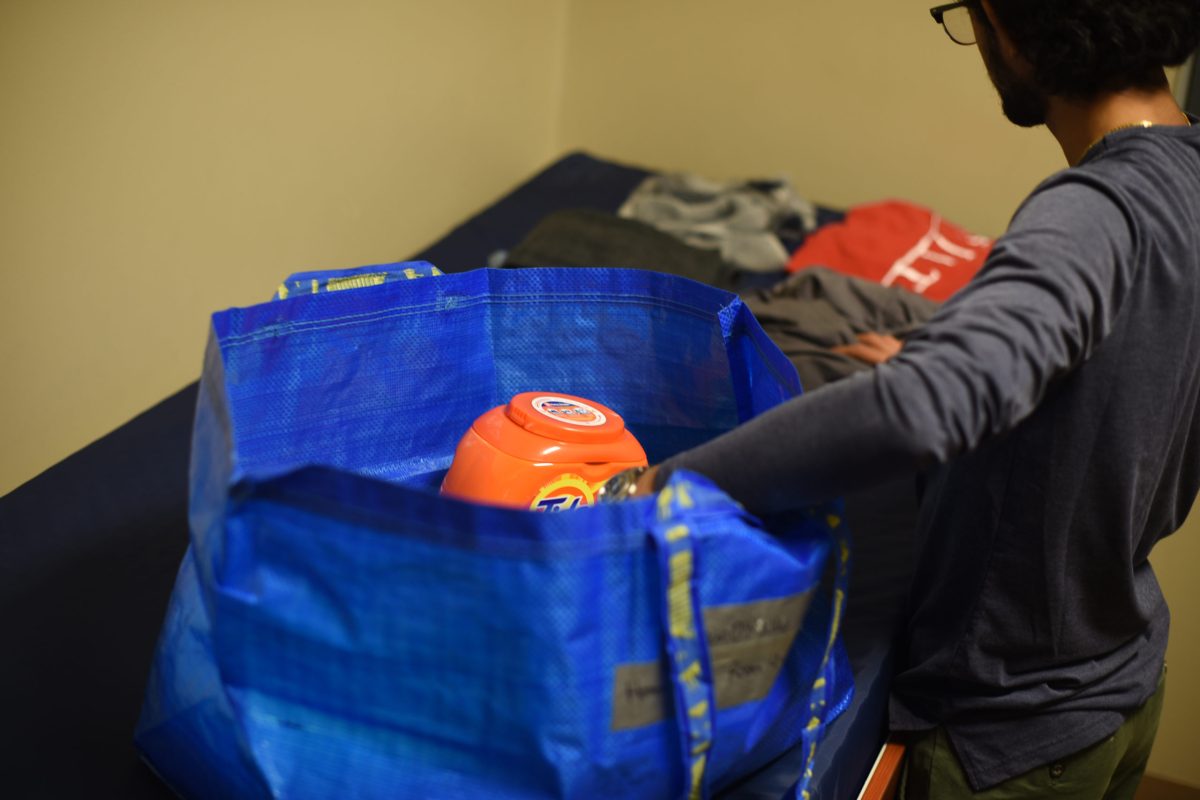Recent investigation demonstrates the ease with which students can beat plagiarism-detection software
Congratulations! You did it; you have made it through the last day of classes and are now preparing for finals. Soon, final grades will be posted in Pipeline. However, how many of these grades are deserved?
Recently, experts in the field have been worried about ‘predatory’ essay-writing companies that sell ghostwriting services for students. Also known as contract cheating, as coined in a 2006 study at Birmingham City University, this phenomenon is not new; academic dishonesty has existed since the first scholarly exams. However, as access to the Internet and integration of technology in classrooms increase, essay mills are becoming more and more ubiquitous and better organized. Due to the nature of the product, it is difficult to find statistics on how many students actually use these services, but the fact that these types of companies continue to thrive and expand suggests that there is an active consumer base.
An investigation was conducted and published on April 25, 2019 by the Canadian Broadcasting Corporation (CBC) on “how fast and convenient it is to purchase a custom academic essay that can go undetected by university professors and plagiarism software.” The investigation involved purchasing a custom-written term paper from a local writing service and submitting it as an assignment to a university that agreed to collaborate with CBC to analyze the purchased essay.
“It was very disturbing to me, because I would expect to see this paper. Now I feel really suspicious about other papers,” said Corinne Hart, the associate professor who assigned the essay, to CBC. She was unable to detect any red flags from the essay and noted that, had this not been part of an investigation, it would not have occurred to her that the essay may have been ghostwritten.
This particular company “insists that it provides work for ‘research purposes’ and buyers must sign a contract agreeing not to submit the work as their own.” In other words, they persuade students to buy papers under the guise of research purposes, while being fully aware that most of their customers are looking for someone else to complete their assignment.
“You just take [the essay] and paraphrase it into your own words, that eliminates any issue with plagiarism,” claimed an anonymous staff member from the essay company. However, paraphrasing without proper citation is considered plagiarism, according to Plagiarism.org and many university academic integrity codes.
For the student, paying others to do an assignment may seem like a good solution in the spur of the moment. Companies prey on the students’ anxiety over upcoming deadlines in order to make a profit themselves, making use of manipulative tactics such as pop-ups offering discounts, crisp and professional websites with eye-catching graphics, and even prominently displaying a countdown clock near the end of the semester when final papers are often due.
“Companies that sell assignments for students and make the assignments for students aren’t really benefiting anyone but themselves,” said Simon Lam, a sophomore Computing and Business major who speaks from experience as both a student and teaching assistant. “I agree that it’s definitely immoral and that the institutions have their own rules against this, for example, NJIT’s honor code…. At the end of the day, if someone wants to plagiarize, it’s not just their own money and their teacher’s time that they’re wasting, but they’re also putting their future at risk.”
“You just take [the essay] and paraphrase it into your own words, that eliminates any issue with plagiarism,”
While NJIT’s university code on academic integrity does not explicitly reference essay-writing companies, section C of article one prohibits “plagiarizing, in part, written, oral or graphic work which was authored or prepared by another” and “failing to acknowledge that the work submitted for credit is the work of a collaboration.” Therefore, if one purchases an essay and then paraphrases it, as suggested by the anonymous staff member from the CBC study, it could result in sanctions that range from disciplinary probation and an “XF” grade at minimum—which notes on the transcript “Failure due to Academic Dishonesty”—to suspension from the university.
Aside from the punitive consequences, other effects of academic dishonesty include a domino-effect of not learning the material. A student who cheats through all the introductory classes of a subject will have difficulty in the upper level courses. However, there are no cheat sheets for internships or for when a student finally graduates, so academic dishonesty simply sets up students for an empty college degree. Even if a subject is not in someone’s major, such as English for engineering students, it is still just as important and necessary to do the assignments. Otherwise, the chance to improve on valuable communication skills will be lost.
No matter how tempting it may be to purchase an assignment, think twice about the consequences.

































